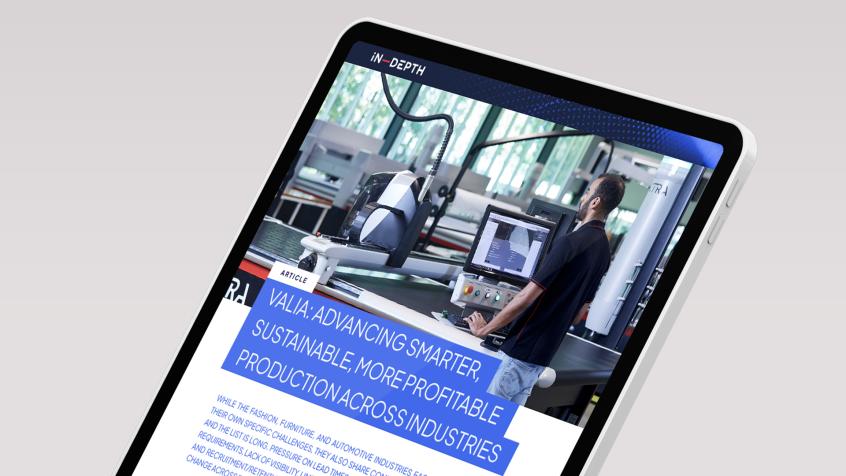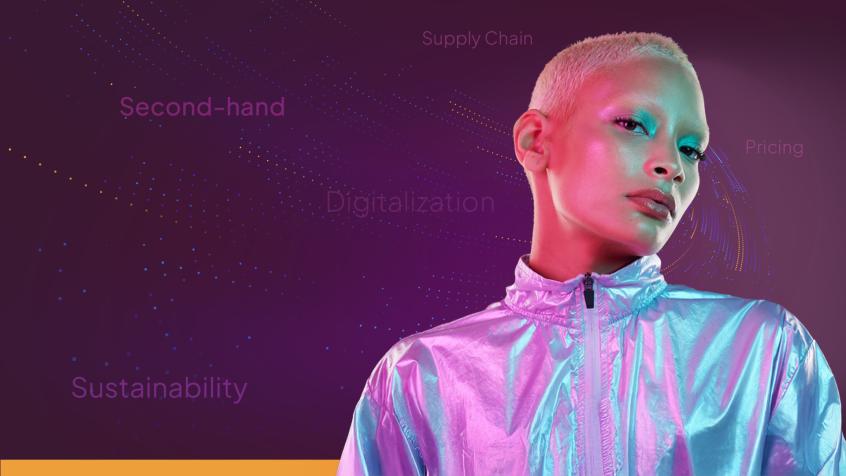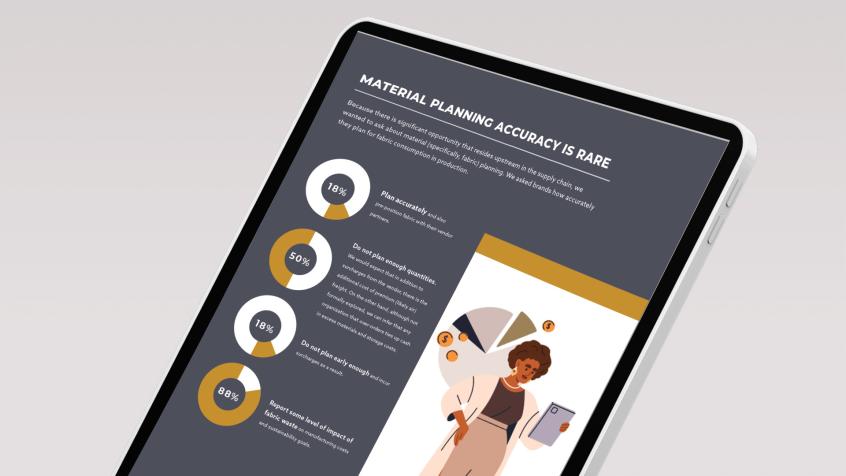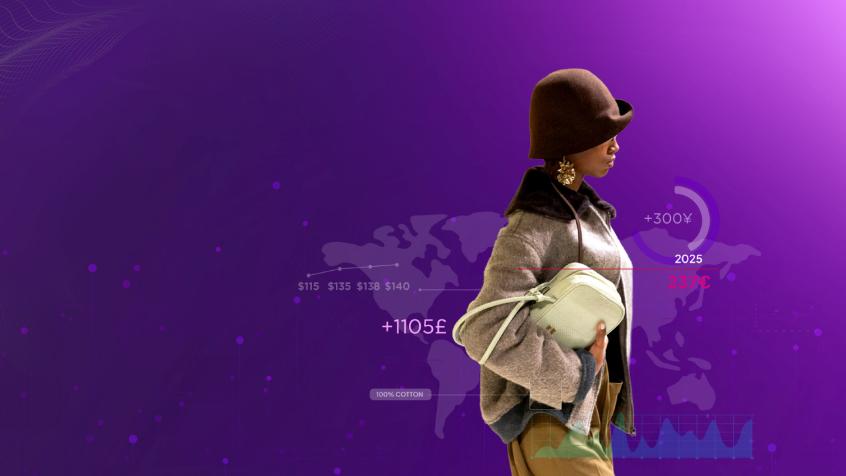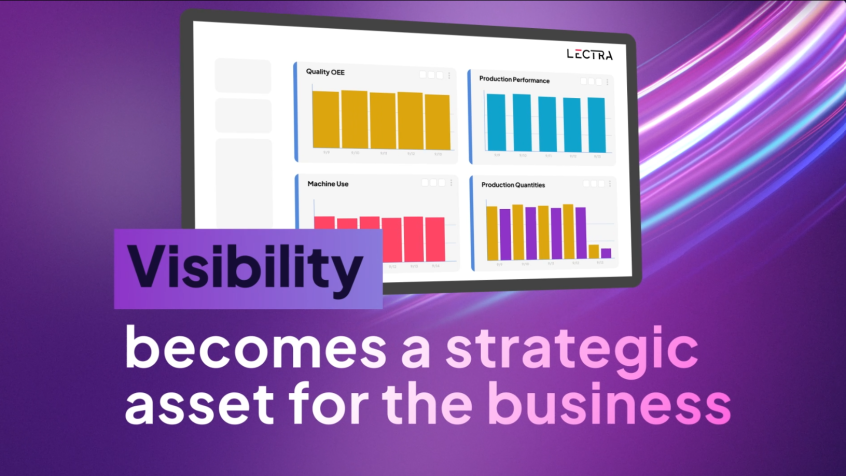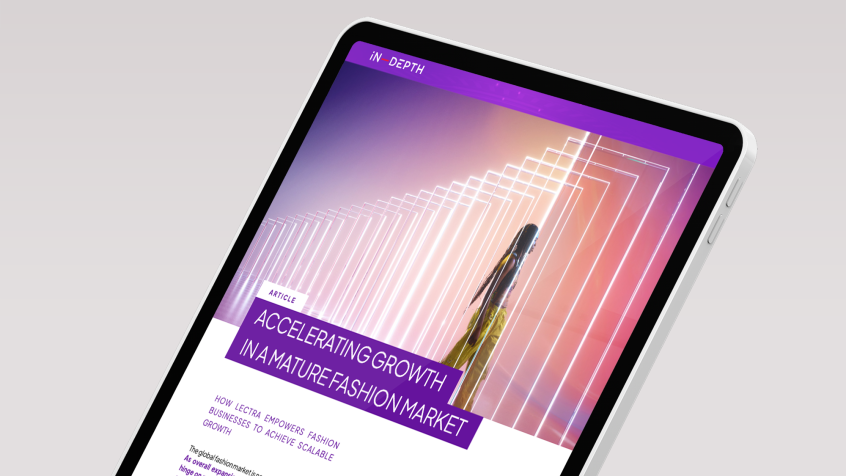We have bounced from crisis to crisis as if it were our new normal
Conversation with… Daniel Arlaud, International relations researcher and consultant

How has the crisis affected your market?
The effect on international relations and exchanges was abrupt and immediate, disrupting systems and revealing bottlenecks. But the long-term consequences will be even more significant. We can expect the acceleration of the transformation of globalization as we’ve known it for the past 30 years, an acceleration of the separation of the American and Chinese economies that will also have significant consequences here in the context of an economically and politically weakened Europe, and an acceleration of a movement of industrial acquisition, consolidation and redeployment. This shows the necessity for a collective effort of reflection and restructuring to achieve more robust international exchanges, even if this will lead to a profound reorganization of the paths of globalization and necessitate new relationships between the political and economic sectors.
Would you say we will try to go back to normal or we will need to rethink the world post-Covid-19?
If we aren’t able to reshape the world, arriving at a better understanding of it would be an improvement. There is a disturbing disproportionality between the effort of collective reflection, expertise, accumulated knowledge and the effect of that insight on actions and decisions. The more conscious we are of living in “crisis mode”, the less we seem to foresee the consequences on our actions and behavior. For the past twenty years, we have bounced from crisis to crisis as if it were our new normal. Rather than giving in to fatalism or gloom, we would be better off adapting our behavior, our institutions, our organizations. For example, companies could reflect upon the meaning of what they do, their integration and their role in society. From abstract and programmatic, the question of Corporate Social Responsibility, for example, suddenly becomes existential and concrete.
What has the crisis changed for you or what have you learned personally?
Maybe having made the simple observation that, for the first time, we are living through a truly global experience. One where, at a specific moment, more than half of humanity was experiencing the same situation. We were confronted with the same limitations of movement, the same predicaments, the same uncertainties. Differences became secondary in relation to the common challenge. Once that almost physical experience of humanity ended, it rendered the disparities in living conditions—between rich countries and developing or emerging countries, within a country—even more glaring. This situation has led to a temporary rupture in society that has exposed its weaknesses.
Related Content


